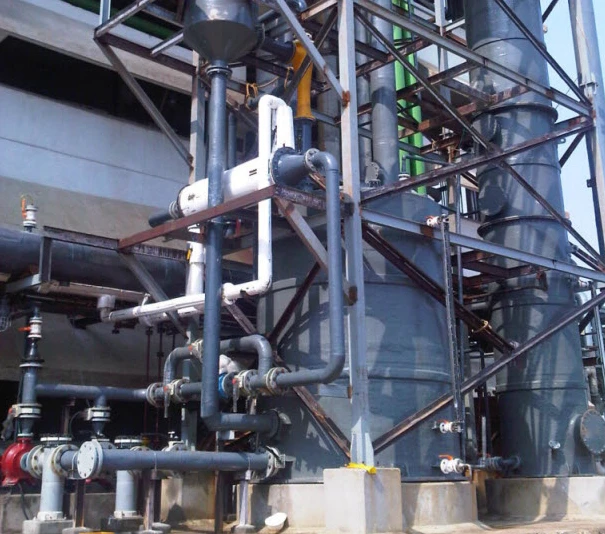Khmer
- Afrikaans
- Albanian
- Amharic
- Arabic
- Armenian
- Azerbaijani
- Basque
- Belarusian
- Bengali
- Bosnian
- Bulgarian
- Catalan
- Cebuano
- Corsican
- Croatian
- Czech
- Danish
- Dutch
- English
- Esperanto
- Estonian
- Finnish
- French
- Frisian
- Galician
- Georgian
- German
- Greek
- Gujarati
- Haitian Creole
- hausa
- hawaiian
- Hebrew
- Hindi
- Miao
- Hungarian
- Icelandic
- igbo
- Indonesian
- irish
- Italian
- Japanese
- Javanese
- Kannada
- kazakh
- Khmer
- Rwandese
- Korean
- Kurdish
- Kyrgyz
- Lao
- Latin
- Latvian
- Lithuanian
- Luxembourgish
- Macedonian
- Malgashi
- Malay
- Malayalam
- Maltese
- Maori
- Marathi
- Mongolian
- Myanmar
- Nepali
- Norwegian
- Norwegian
- Occitan
- Pashto
- Persian
- Polish
- Portuguese
- Punjabi
- Romanian
- Russian
- Samoan
- Scottish Gaelic
- Serbian
- Sesotho
- Shona
- Sindhi
- Sinhala
- Slovak
- Slovenian
- Somali
- Spanish
- Sundanese
- Swahili
- Swedish
- Tagalog
- Tajik
- Tamil
- Tatar
- Telugu
- Thai
- Turkish
- Turkmen
- Ukrainian
- Urdu
- Uighur
- Uzbek
- Vietnamese
- Welsh
- Bantu
- Yiddish
- Yoruba
- Zulu
Telephone: +86 13120555503
Email: frank@cypump.com
វិច្ឆិកា . 20, 2024 00:18 Back to list
slurry transfer pump
Understanding Slurry Transfer Pumps Key Features and Applications
Slurry transfer pumps are specialized devices designed to transport mixtures of solids and liquids, commonly referred to as slurries. These mixtures can include anything from industrial waste and mining materials to agricultural by-products and chemical mixtures. The ability to efficiently handle slurries is crucial for various industries, making slurry transfer pumps an essential component in many industrial processes.
Characteristics of Slurry Transfer Pumps
One of the defining characteristics of slurry transfer pumps is their robust construction and design
. Unlike standard water pumps, slurry pumps are designed to handle thicker and more abrasive materials without compromising performance. Key features include1. Wear-resistant materials The impellers and casing of slurry pumps are often made from hardened alloys or elastomers to withstand the abrasive nature of the slurries they transport.
2. High efficiency Many slurry pumps are designed to operate efficiently across a wide range of flow rates and pressures, ensuring that they can effectively move slurry without excessive energy consumption. This is essential in maintaining operational costs in large-scale industrial operations.
3. Variety of designs Slurry pumps come in various configurations, including centrifugal, positive displacement, and submersible types. Each type serves specific applications, making it crucial for industries to select the right pump for their particular needs.
4. Self-priming capabilities Some slurry pumps are designed to be self-priming, which simplifies operation and reduces the need for auxiliary equipment.
Applications in Various Industries
slurry transfer pump

Slurry transfer pumps find applications across a multitude of industries, each benefiting from the effectiveness and reliability that these pumps offer.
1. Mining In mining operations, slurry pumps are crucial for transporting ore slurries, tailings, and other by-products. Their ability to handle high solid concentrations without clogging makes them integral to the minerals extraction process.
2. Construction The construction industry often deals with slurries from concrete mixing or site dewatering. Slurry pumps are used to manage these materials, ensuring that construction sites remain operational and free from excess water and debris.
3. Wastewater Treatment In wastewater facilities, slurry pumps are used to move sludge and other solid waste materials through the treatment process. These pumps help improve the efficiency of treatment systems and facilitate the recycling of water in industrial applications.
4. Agriculture In agricultural settings, slurry pumps are often used to manage manure and other organic slurries, allowing for easier transport to fields for fertilization.
5. Chemical Processing The chemical industry utilizes slurry pumps to move reactive slurries safely and efficiently, ensuring that the chemical processes can function smoothly without interruptions.
Conclusion
Slurry transfer pumps play a pivotal role in numerous industrial operations, providing effective solutions for transporting challenging mixtures of solids and liquids. With their durable construction, high efficiency, and versatility across various designs and applications, these pumps are essential in maintaining productivity and reducing operational costs in industries such as mining, construction, wastewater treatment, agriculture, and chemical processing. As technology advances, the development of even more efficient and robust slurry transfer pumps continues to enhance their capabilities, ensuring that they remain a critical component in the management of slurry materials in the industrial landscape. Understanding the importance and functionality of these pumps can help industries select the right equipment for their needs, ensuring optimal performance and productivity.
-
China Small Slurry Pump Manufacturer - High Efficiency Small Centrifugal Slurry Pumps for Mining & Industry
NewsJun.24,2025
-
Custom Drilling Mud and Slurry Pump Supplier - High Efficiency, Tailored Solutions
NewsJun.10,2025
-
Supply Vertical Submersible Sewage Pump High-Efficiency WQ/QW Pumps Supplier
NewsJun.10,2025
-
Premium Sewage Ejection System & Pumps Efficient Waste Removal
NewsJun.09,2025
-
Premium Wholesale Slurry Pump Impellers Durable & Efficient Slurry Handling
NewsJun.09,2025
-
Top Sewage Pump Companies Durable Industrial Solutions for Efficiency
NewsJun.09,2025










